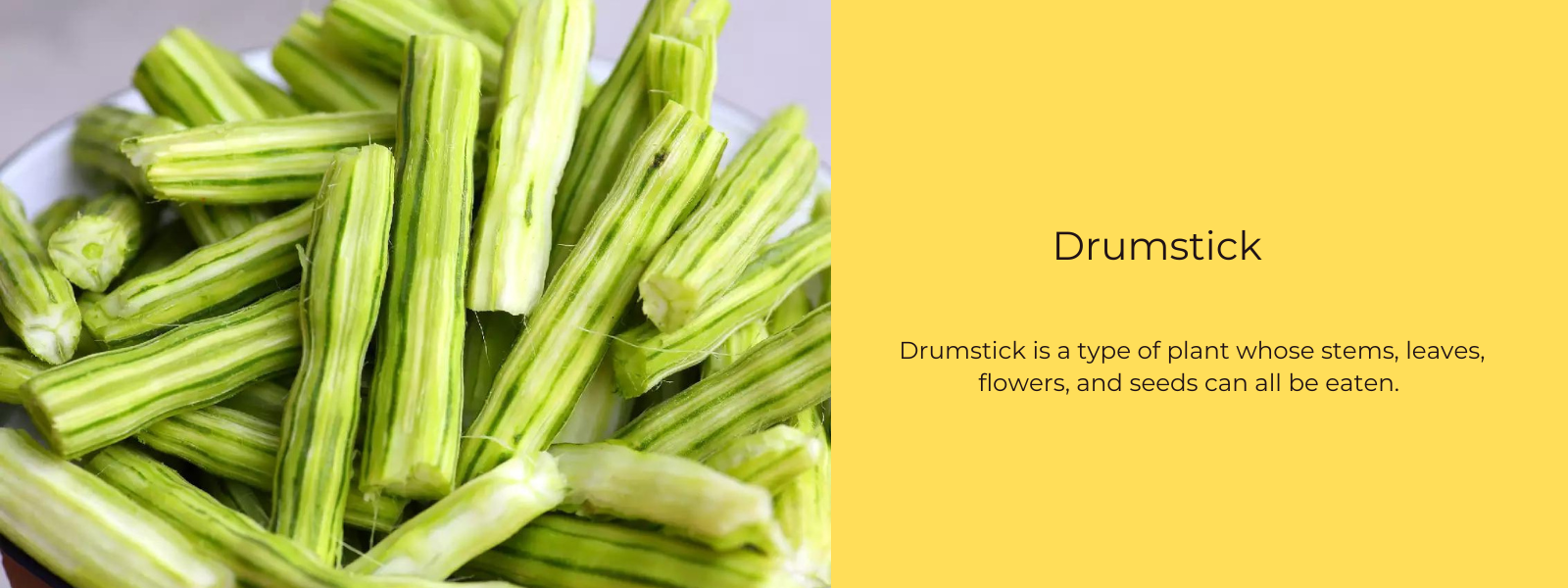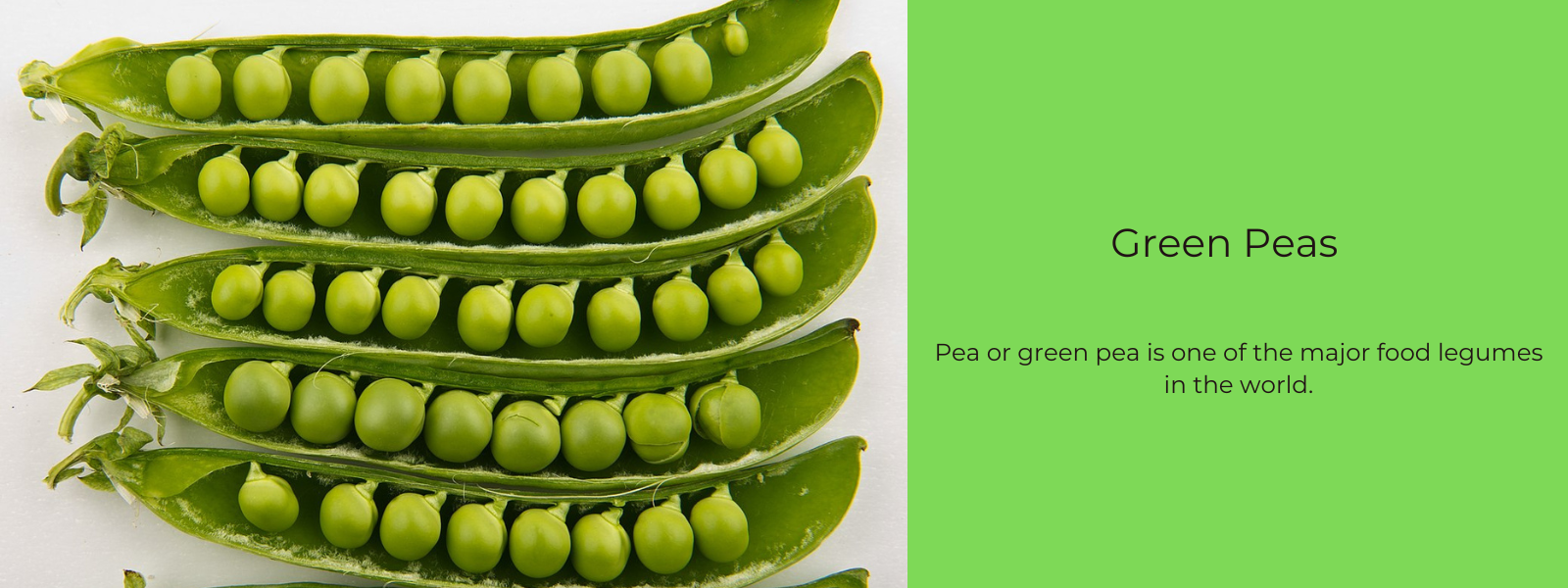Okra, also known as Lady Finger and Bhindi in Hindi, is technically a fruit, however it is consumed in the vegetable form. The light green seed pods can be prepared in a wide variety of ways, since they are cooked either whole or diced. The sliminess can be mitigated or eliminated altogether with the correct cooking technique, such as frying, grilling, sautéing, or pan-roasting.
Table of Contents
What is okra?
Okra, or the pod of the Abelmoschus esculentus plant, is a popular vegetable. The small white seeds within give this fruit its common name, "lady's fingers," and its distinctively long, thin tube shape. Okra, which originated in Ethiopia, was brought to North America by slaves and settlers hundreds of years ago. It thrives in warm, wet environments. As well to being cultivated in Florida and other southeastern states, India, Sudan, Pakistan, Egypt, Ghana, Benin, Cameroon, Saudi Arabia and Mexico are among the world's top producers. People seem to either love or detest okra, a vegetable used extensively in gumbo and stews across the South, the Caribbean, and India. Some people don't like okra because it gets slimy and smooth when cooked, but that's exactly why certain people love it. Okra is obviously one of those plants whose significance varies from person to person.
How to cook okra?
Before slicing or cutting okra, you should wash it and pat it dry. How it's cut can differ from one family to the next, let alone from one country to the next. You can make circles, slices, or diagonals out of okra. You could, of course, just leave it as is.
Cooked okra can be made less slimy by employing a few tried-and-true techniques. Before you prepare it, some chefs recommend soaking it in vinegar; just be sure to dry it really well afterwards. You may also grill it or sauté it over a very high heat. Okra can be precooked in this manner and then used in other dishes.
How does okra taste?
Okra has a peculiar flavour that is light and somewhat grassy. Its texture is often praised, even if its flavour is sometimes compared to that of aubergine or green beans. Quickly cooked okra retains its crispness, but slow-cooked okra virtually melts in your tongue.
How to select okra?
Feeling solid but not hard is how fresh okra should be. Try to find pods with smooth, brilliant green skin. Although a greener stem indicates fresher okra, a little browning is acceptable.
How to store okra?
You can keep okra in paper bags for around four days in the vegetable bin of your fridge. It can also be plastic-wrapped loosely. Take it out of the fridge and let it get to room temperature before you start cooking. As a result, less water vapour will be produced during cooking.
Nutritional value of okra:
Although frying is not the healthiest way to prepare vegetables, the benefits of okra are still retained even when cooked in this manner. Okra has a lot of beneficial nutrients and few calories. Okra is unusual among vegetables since it has a good amount of protein. It's also a great source of antioxidants and vitamins, particularly vitamin C.
Health benefits of okra:
Okra has a high fibre content and a low calorie and carbohydrate count. Okra is great for weight management because it is one of the few vegetables and fruits to contain protein.
Vitamins A, C, K, and B6 can all be found in abundance in lady's finger.
Vitamin C increases resistance to sickness and shortens the duration of many infections by strengthening the immune system.
The process of blood clotting relies on vitamin K.
Vital for healthy eyesight and reproduction, vitamin A is a must.
Vitamin B6 is essential for normal brain growth and mood regulation, and it also lowers the risk of developing Alzheimer's disease.
Okra is rich in antioxidants including vitamin A and C, as well as polyphenols and flavonoids, which help protect against chronic diseases like cancer and heart disease.
Memory and learning are both enhanced by polyphenols, and the risk of age-related cognitive decline is lowered.
Okra contains a protein called lectin, which suppresses the development of cancer cells.
Okra has been shown to reduce both blood sugar and cholesterol levels.
The folate in okra is important for the development of a baby's nervous system. Pregnant women can benefit from eating okra.











Leave a comment